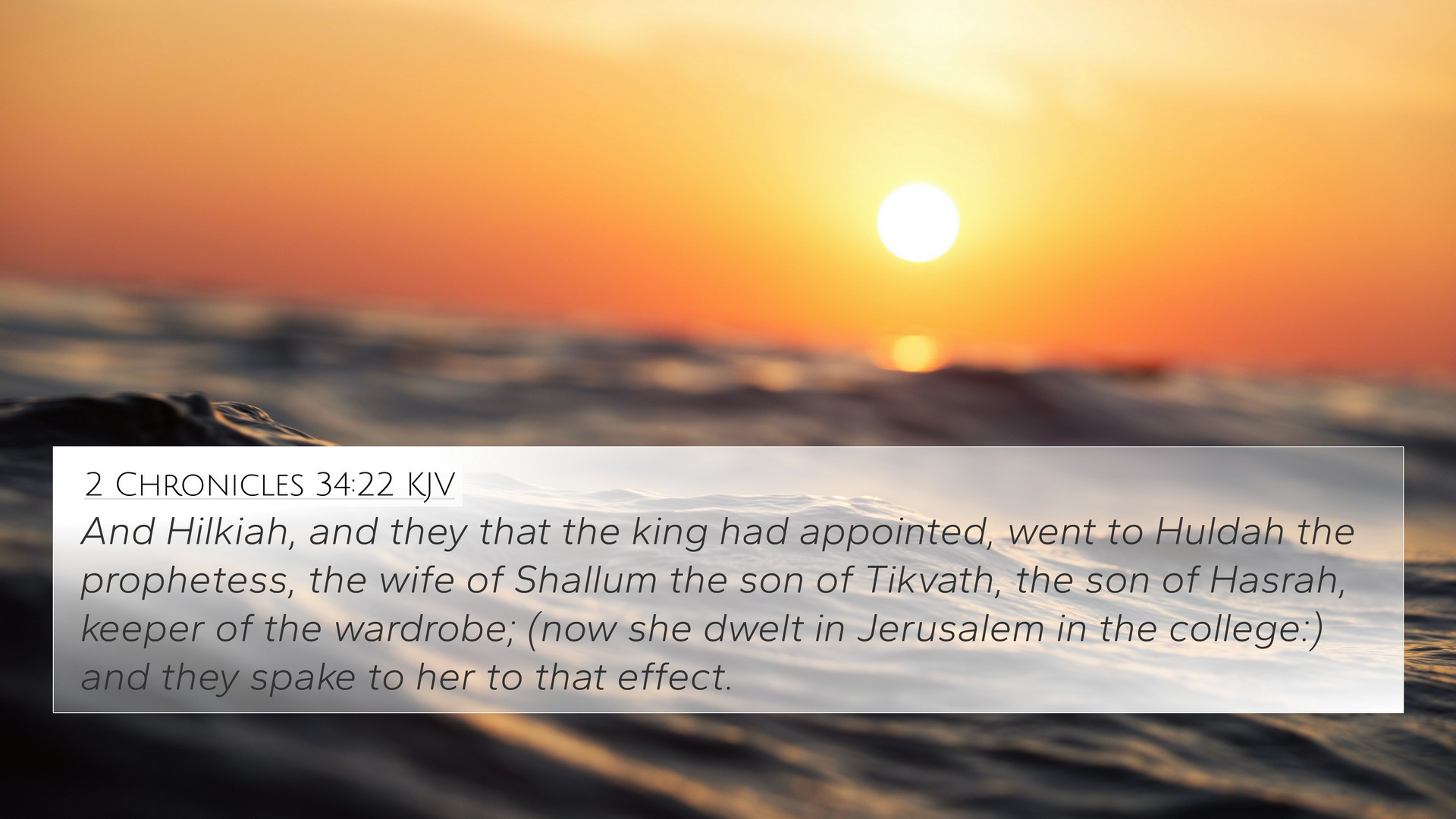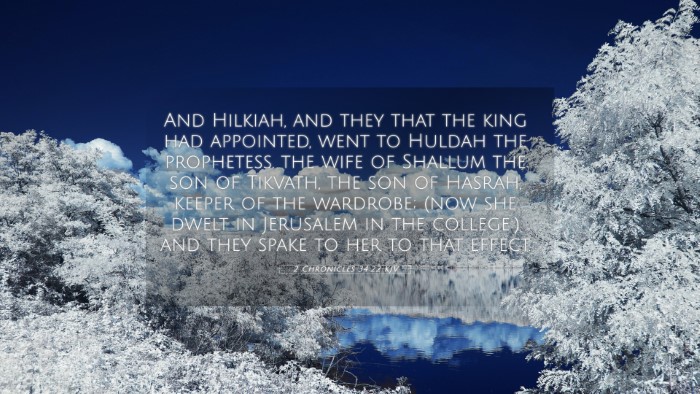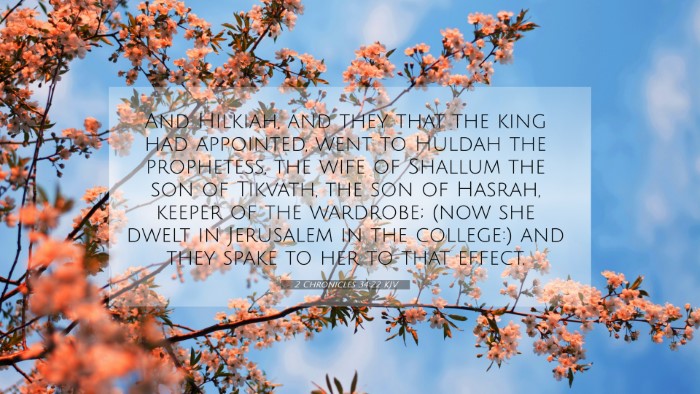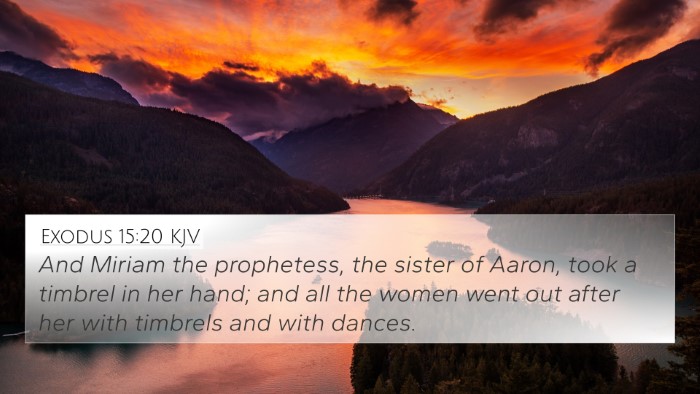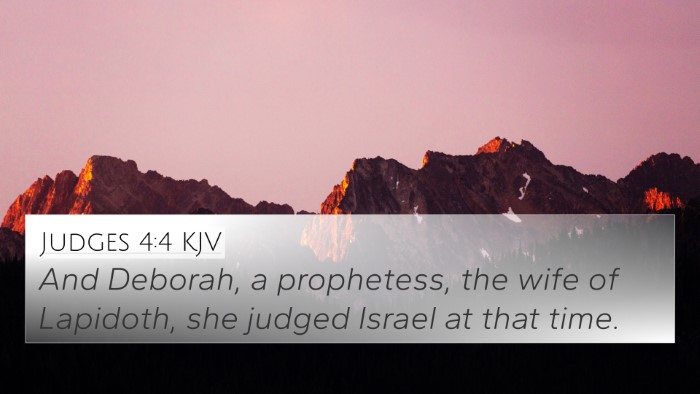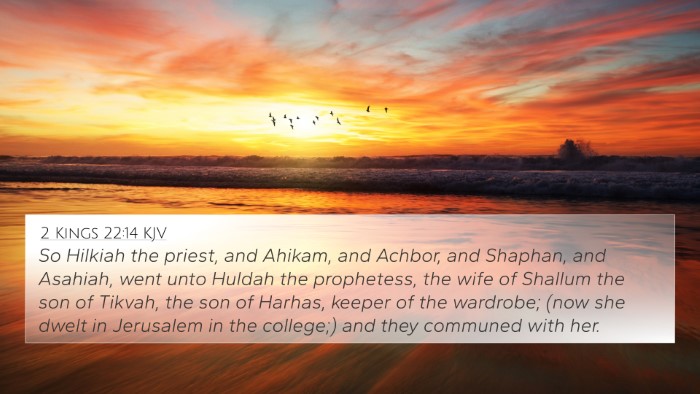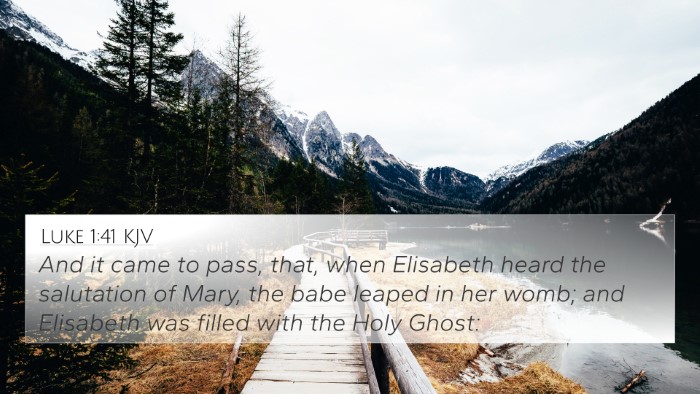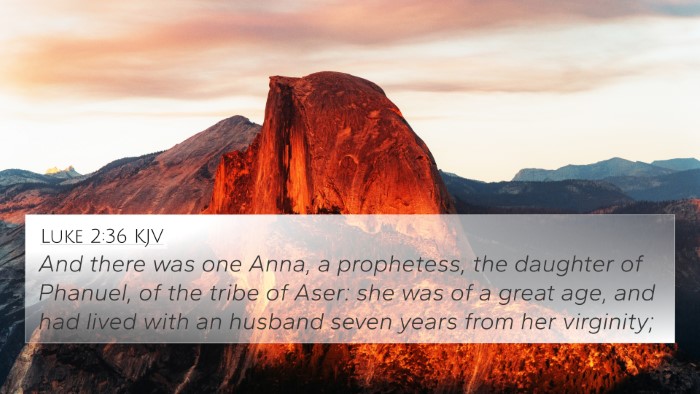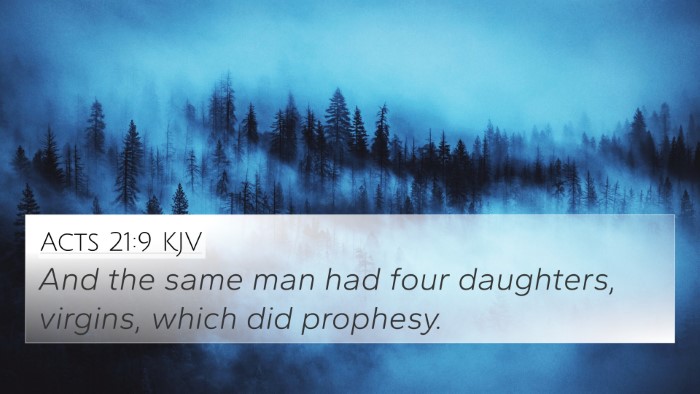Understanding 2 Chronicles 34:22
2 Chronicles 34:22 states: "And Huldah the prophetess, the wife of Shallum the son of Tokhath, the son of Hasrah, keeper of the wardrobe; (now she dwelt in Jerusalem in the college:) and they spake to her to that effect." This passage highlights a significant event during the reform of King Josiah, who sought divine guidance through a prophetess during a time of spiritual revival.
General Overview
The verse showcases how God’s messages were often revealed through chosen individuals, particularly the prophetess Huldah, who played a pivotal role in bringing clarity and direction to King Josiah's reign. Her prophetic insight not only reaffirmed God's judgment but also served as a catalyst for the necessary reforms in Judah.
Insights from Commentaries
Drawing from public domain commentaries, here are combined insights from Matthew Henry, Albert Barnes, and Adam Clarke:
Matthew Henry's Commentary
Henry emphasizes the significance of Huldah's role as a female prophet during a patriarchal era. Her position as the "keeper of the wardrobe" suggests she had a respected role within the community. Her acceptance and authority exemplify God's use of individuals regardless of gender to fulfill His purposes. Henry notes that the inquiry to Huldah demonstrates the king’s earnestness in understanding the urgency of their spiritual situation.
Albert Barnes' Notes
Barnes highlights Huldah's discernment and how her words brought reassurance amid the nation's impending judgment due to their infidelity. He points out that Huldah's response to the messengers not only brought clarity but also promised a remnant who would escape the coming wrath, providing a sense of hope. Barnes argues that this encounter showcases the importance of seeking divine counsel through prayer and prophetic revelation.
Adam Clarke's Commentary
Clarke elaborates on Huldah's prophetic function and the significance of her dwelling place in Jerusalem. He connects her role to the emerging prophetic tradition and acknowledges her as an active participant in God's covenant community. Clarke also notes how this event reflects the broader theme of intercession and the vital need for God’s guidance in moments of national distress.
Thematic Connections
In exploring the themes presented in 2 Chronicles 34:22, it's vital to consider its connections to other scripture, illustrating how Biblical texts often engage in inter-Biblical dialogue. Here are key themes and related cross-references:
- Divine Guidance: Jeremiah 36:2 - The role of prophets in conveying God’s message.
- Spiritual Reform: 2 Kings 22:14 - The search for God’s will during Josiah’s reforms.
- The Importance of Submission to God: Isaiah 8:19-20 - Consulting the Lord as the source of wisdom.
- Faithful Remnants: Zephaniah 3:12 - God’s promise to preserve a remnant in Israel.
- Role of Women in Scripture: Acts 21:9 - Recognition of female prophets in the early church.
- Hope Amidst Judgment: Jeremiah 29:11 - God’s plans for hope and restoration.
- Spiritual Awareness: Isaiah 53:6 - The need for the people to recognize their sin.
Links to Related Biblical Themes
The interaction between Josiah’s leadership and Huldah’s prophetic ministry illustrates broader themes of reform and restoration in the biblical narrative. Each verse tells part of a larger story about seeking God’s will and responding to His calls for holiness:
- Prophetic Voices: Explore how prophets like Nathan (2 Samuel 12) and Elijah (1 Kings 18) also spoke truth to power.
- The Role of Worship: Nehemiah 9:3-5 emphasizes the importance of public worship and confession in communal restoration.
- God's Mercy: Lamentations 3:22-23 highlights God's faithfulness even amidst judgment.
Conclusion
2 Chronicles 34:22 serves as a pivotal reminder of the necessity of seeking out God’s guidance through His prophets. It underscores that God's communication transcends cultural and gender barriers, emphasizing that all believers have a role in His redemptive plan. Understanding the connections between this verse and others, we can appreciate the profound depth of Biblical narratives and their application to our spiritual lives.
As one explores the depths of scripture, utilizing tools for Bible cross-referencing, we can identify not only the theological significance of individual verses but also the overarching themes that bind them together. This practice enriches our understanding, encourages deeper study, and enhances our prayerful contemplation of God’s Word.
